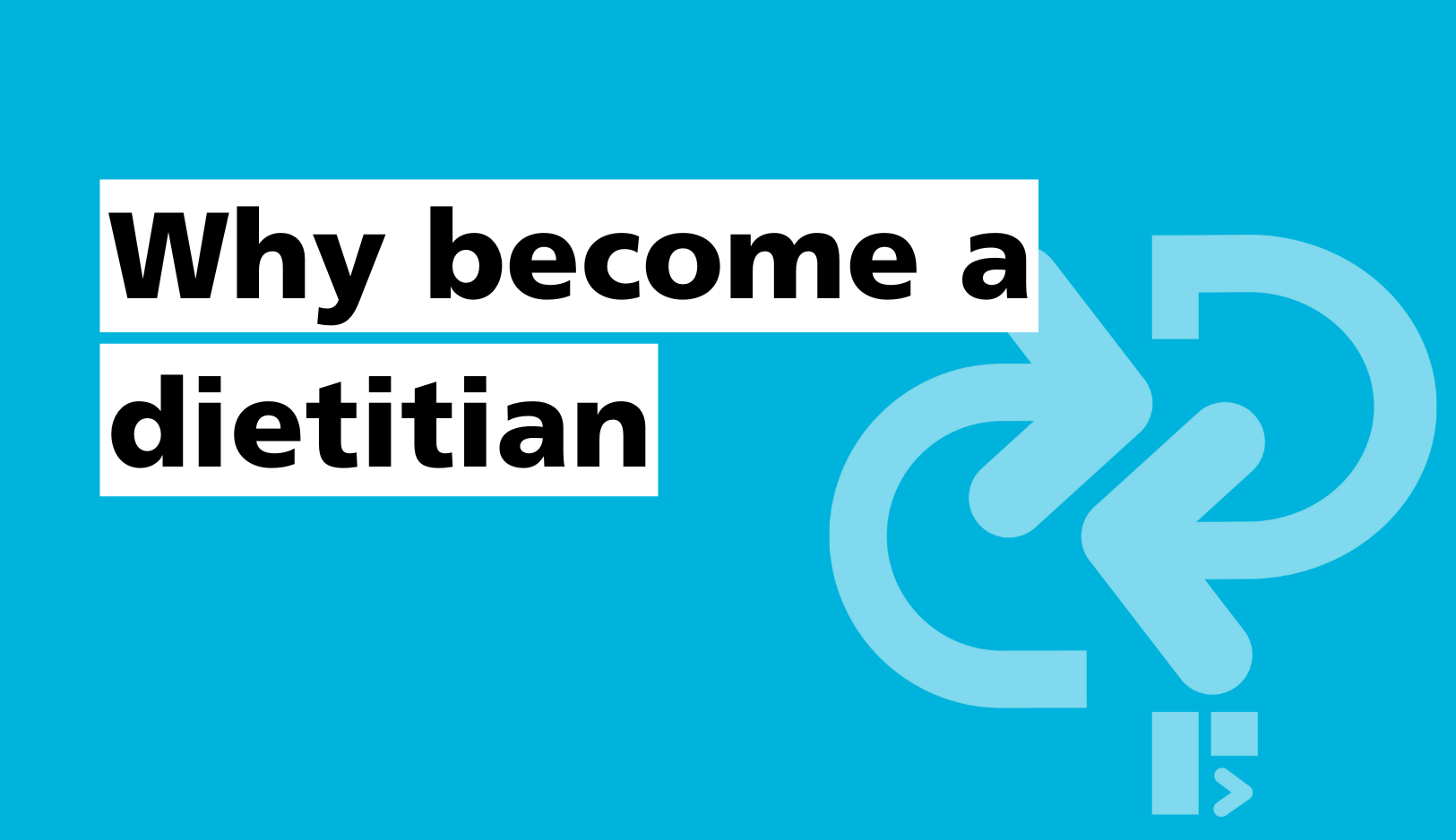To qualify as a dietitian you are required to undertake an approved programme at a university. All dietetic programmes are approved by the Health and Care Professions Council (HCPC) and may also apply for accreditation by The British Dietetic Association (BDA).
Accreditation is a robust process providing assurance to the profession, students and the public that universities meet the standards of the professional body - the BDA.
Successful completion of these courses provides eligibility to apply for registration with the HCPC. It is a legal requirement that anyone who wishes to practise using the title dietitian is on the HCPC register.
Types of course
There are two types of programme available to qualify as a dietitian:
- Full-time undergraduate BSc (Hons) programme: these are either three or four years in length.
- Full-time postgraduate programme: these are two years in length and can either lead to a Postgraduate Diploma (PgDip) in dietetics or a Masters (MSc) qualification in dietetics.
Find out which universities offer Dietetic courses.
You can also qualify as a dietitian via a dietetic degree apprenticeship. This option combines vocational work-based learning with study for a university degree. Degree apprenticeships are designed in partnership with employers, degree apprenticeships offer a higher education qualification, a salary, and invaluable practical experience and employment skills. Learn more about degree apprenticeships.
Entry requirements
Entry requirements for universities do vary, so we advise you to contact the universities directly for specific entry requirements.
Applicants must satisfy the following entry requirements for approved courses:
a. Applicants will usually have qualifications in biology and chemistry at advanced level where students take A-levels or the national equivalent.
b. Approved institutions may accept candidates with other qualifications of equivalent standard to those above e.g. International Baccalaureate, Access to Science, BTEC Diploma, and Foundation courses in Science.
c. Candidates are usually expected to have GCSEs at grades 9 to 4 (A* to C) in English, mathematics and a science or equivalent qualifications.
For a postgraduate programme you will be required to have successfully completed an undergraduate degree which contains an acceptable level of human physiology and biochemistry.
A good command of spoken and written English is essential. All successful applicants will be required to undertake occupational health and Criminal Records Bureau (CRB) check.
Programme of Study
The dietetic degree programmes involves academic study and practical experience. Academic study involves:
- Biochemistry
- Human Nutrition
- Human Physiology
- Diet Therapy
- Food Processing, Preservation and Food Hygiene
- Nutritional Medicine
- Healthcare: Systems and Management Structures
- Epidemiology and Public Health
- Genetics
- Research Methods
- Data Analysis
- Behavioural Studies
- Pharmacology
- Professional Practice
- Communication
Students will be required to undertake practical placements usually within the NHS and other health and care organisations which are organised by the university. Placements allow students, under supervision, to develop practical skills and apply knowledge in a work environment.
Teaching is usually delivered over three to five days with 12-25 contact hours a week. Placements are full-time and approximately 37 hours per week.
The BDA holds responsibility for the curriculum which describes what is expected of a newly-qualified dietitian and provides the framework for universities to deliver programmes that are responsive to the demands of dietetic employment.
Financial support
Find out about the financial support available for dietetic students across the UK.


